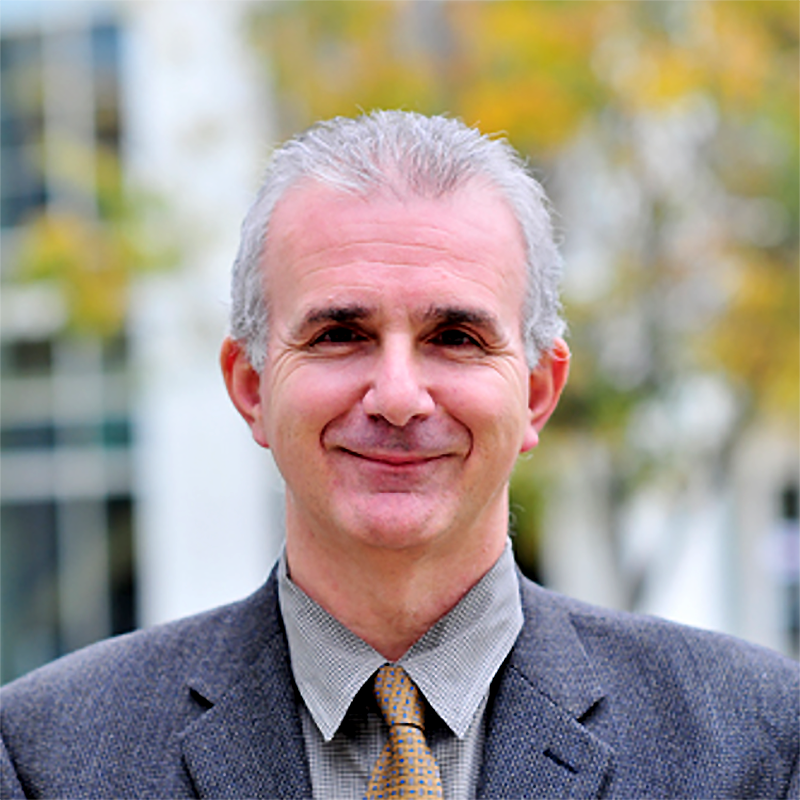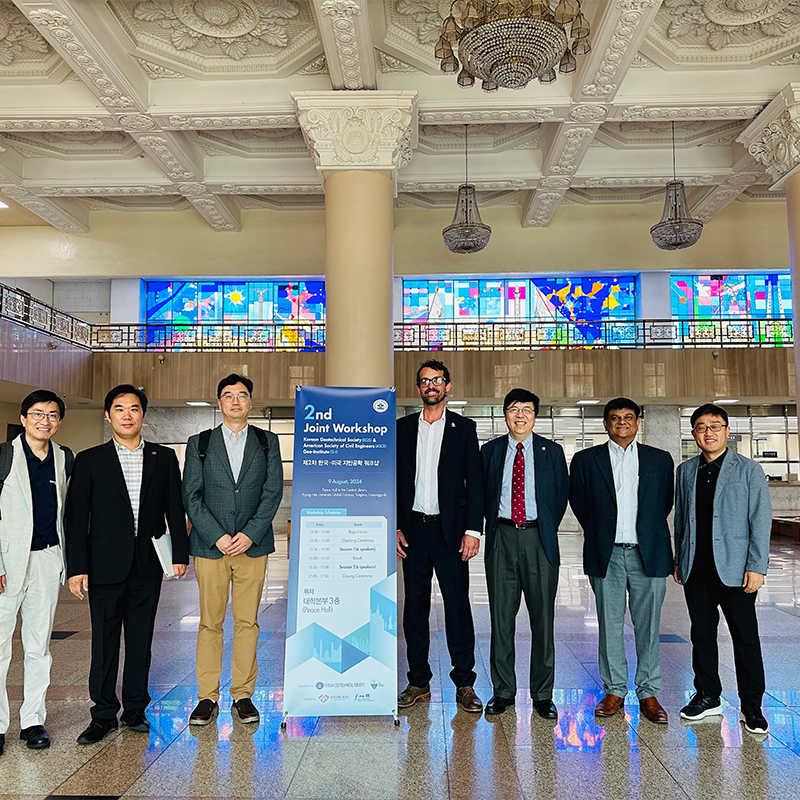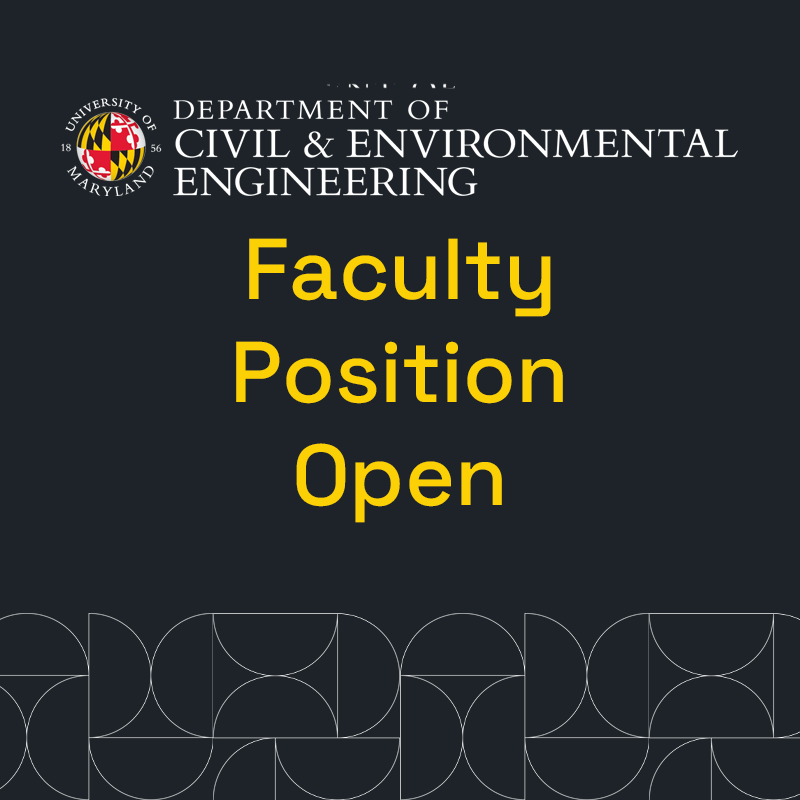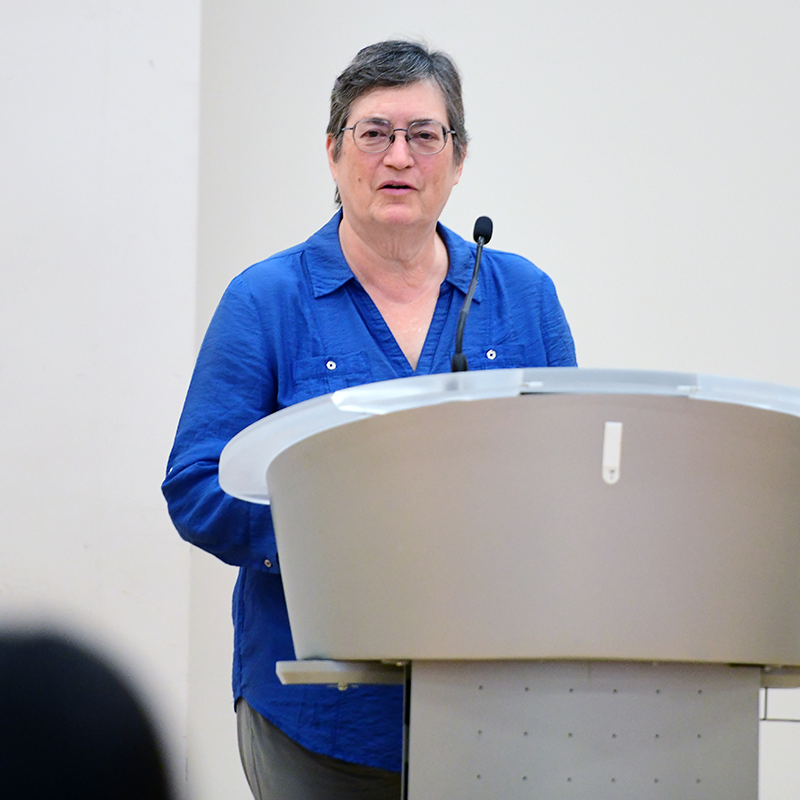News Story
Dr. Allen Davis Awarded Grant by PG County Govt.

In the laboratory, the researchers have dramatically improved the removal of phosphorous, nitrogen and other prime urban pollutants from runoff. To achieve these results, they've re-engineered bioretention projects, also known as rain gardens - special strips of greenery that capture and filter storm runoff before it enters the watershed. Now, in partnership with the Prince George's County Government, the researchers will demonstrate the effectiveness of their new approaches by improving the capture and treatment of university campus runoff that would eventually end up in Chesapeake Bay waters.
"Runoff from urban development represents a growing source of pollution to the Chesapeake watershed, and we believe we can help curb this," says Davis, the lead researcher on the project. "Our technologies offer major improvements, and could one day be used by housing developments or businesses to reduce their environmental footprint."
With a new grant from the National Fish and Wildlife Foundation and the Prince George's County Government totaling nearly $600,000, Davis's team will conduct a three-part demonstration project near parking lots at the university's Comcast Center. The project is designed to reduce phosphorus, nitrogen, sediment and the volume of runoff from the university into the Anacostia watershed, one of the rivers feeding the Chesapeake Bay. "The university already is recognized as one of the greenest in the nation, and with this project, we'll be able to reduce our environmental impact even further," says Davis.
Published August 20, 2010









